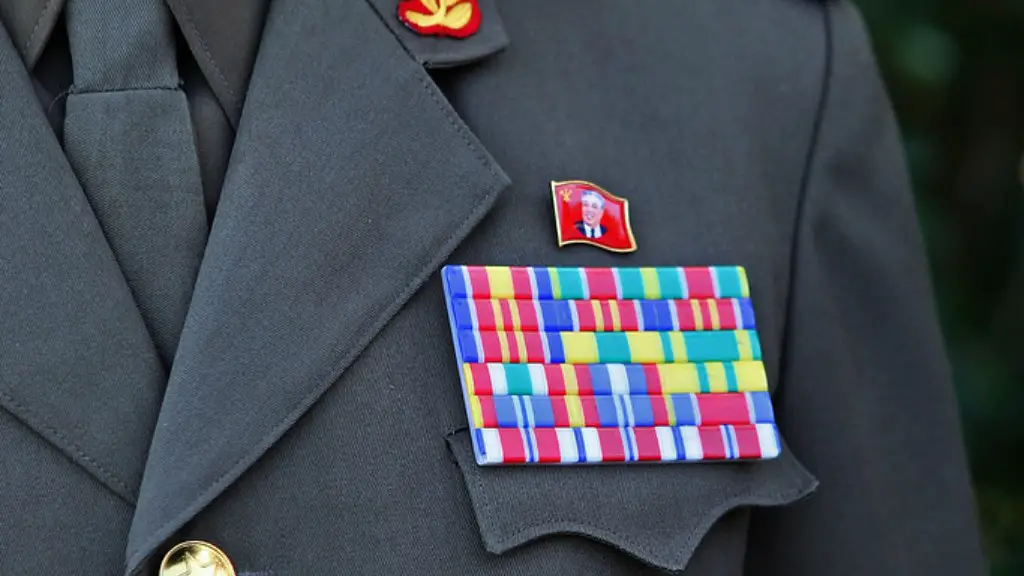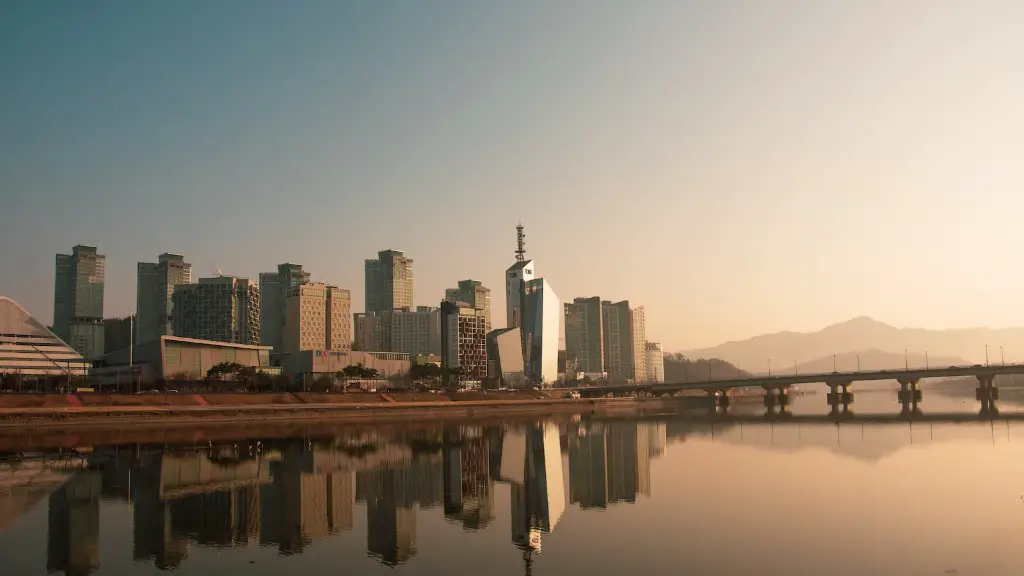What North Korean Human Rights Violations Entail
North Korean human rights violations are terrible, pervasive, and mostly unresolved. This often-hidden part of life for North Koreans has caused an untold amount of suffering for many of the country’s citizens. According to the United Nations, an estimated 100,000 people are currently detained in horrific political prison camps and many of those people are subject to systemic torture, starvation, and other extreme forms of abuse. Even outside of these labor camps, North Korean daily life still involves severe restrictions on basic rights, with limited access to food, health care, education, and freedom of expression.
The Extent Of North Korean Human Rights Abuses
The human rights situation in North Korea is considered one of the worst in the world. In 2014, the United Nations Human Rights Council released a 400-page report on North Korea’s human rights violations, finding that the regime had committed egregious acts that might amount to crimes against humanity. The report documented horrific abuses, from public executions and other forms of state-sanctioned punishment, to limiting access to medical care, and even torture and dehumanizing treatment. Based on these interviews and evidence collected, the U.N. report concluded that North Korea had violated international law in more than 60 different areas.
The Driven Nature Of The North Korean Regime
The North Korean regime has also taken steps to limit access to international news and human rights organizations. It has blocked access to the Internet for all but a few citizens, and curtailed freedom of movement within the country. The regime has also systematically enforced a policy of ‘songbun’ — classifying citizens into three unequal tiers based on political loyalty. Those deemed ‘hostile’ are denied access to employment, education, and other basic benefits. In addition, North Korea has repeatedly been criticized for its lack of transparency and its refusal to cooperate with international organizations, including the International Committee of the Red Cross.
The Role Of North Korea’s Political Prison Camps
The North Korean regime relies heavily on political prison camps to maintain its grip on power. Most prisoners are sent to these camps for alleged political dissent; the camps are used to control thought, punish dissent and prevent protest. The regime does not acknowledge the existence of these camps and does not allow any outside access. Prisoners are subjected to hard labor, torture and abuse, and are denied access to medical care and basic necessities. Reports have also surfaced of prisoners dying from malnutrition and starvation.
International Repercussions Of North Korean Human Rights Abuse
The Human Rights Council strongly condemned the North Korean regime for these abuses and called for an immediate end to them. However, the nation has largely ignored international pressure and criticism, leading to sanctions imposed by the United Nations in 2017. The sanctions, which include restrictions on luxury goods, travel and foreign investments, were intended to pressure the North Korean government to reform its human rights policies. So far, these measures have had mixed results, but the international community is expected to continue to monitor the situation.
The Impact Of Sanctions On Ordinary Citizens
The U.N. sanctions have had a devastating impact on ordinary citizens, who already deal with restrictions on access to food and medical care. The new restrictions on foreign investments have also exacerbated the country’s already dire economic situation. And, as international aid agencies struggle to reach those in need, the human rights situation in North Korea continues to worsen.
International Solutions To North Korean Human Rights Abuse
Though the international community has had limited success in curbing the North Korean regime’s abuses, there are still solutions that could be explored. International sanctions could be targeted more specifically to the country’s leadership, while organizations such as the International Monetary Fund and the United Nations could step in to provide much-needed aid and assistance. Additionally, human rights groups and governments must continue to pressure the North Korean regime to end its horrific practices, and seek solutions that will bring about lasting change and genuine improvements for the citizens of North Korea.
The Future Of Human Rights In North Korea
North Korea is a deeply divided country, and the human rights situation has not improved in recent years. The regime’s brutal tactics and its refusal to address its human rights abuses have been a longstanding source of international condemnation. For the citizens of North Korea, the future of human rights is uncertain. Until the international community takes decisive action to ensure that North Korean citizens are able to live with dignity and respect, the human rights situation in the country will remain in danger.
The Risk To North Korean Citizens For Speaking Out
The North Korean regime has been involved in a systematic campaign of repression and intimidation against those who dare to speak out against the government. Critics are often detained without trial or sentenced to long jail terms, and their families are threatened or even killed, in an attempt to silence dissent. North Koreans face extreme risk if they speak out or attempt to leave the country, and many have been denied asylum in other countries due to a lack of understanding of the country’s human rights situation.
The Need For International Action To Help North Koreans
It is clear that North Korea’s human rights abuses must be addressed in order for the country’s citizens to be able to live with dignity and respect. The international community must take decisive action to pressure the regime to end its violations and to ensure that North Koreans receive the protection they deserve. Human rights groups, governments and the United Nations must work together to advocate for those living in North Korea, and to create an environment in which North Koreans are protected and their human rights respected.
The Need To Educate The World About North Korea
It is of paramount importance that the world is educated about the human rights violations taking place in North Korea. Without adequate public awareness and pressure from the international community, North Korean citizens will continue to suffer in silence. Human rights groups and the media have a responsibility to spread awareness, to hold the North Korean regime accountable, and to advocate for those who are suffering due to the country’s abuses. It is also important for citizens of other countries to learn about the human rights situation in North Korea. Only by keeping the international spotlight on this issue, will the world be able to bring about real and lasting change for the citizens of North Korea.


